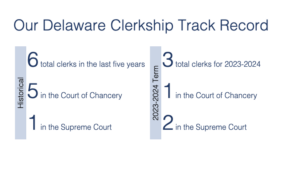▼
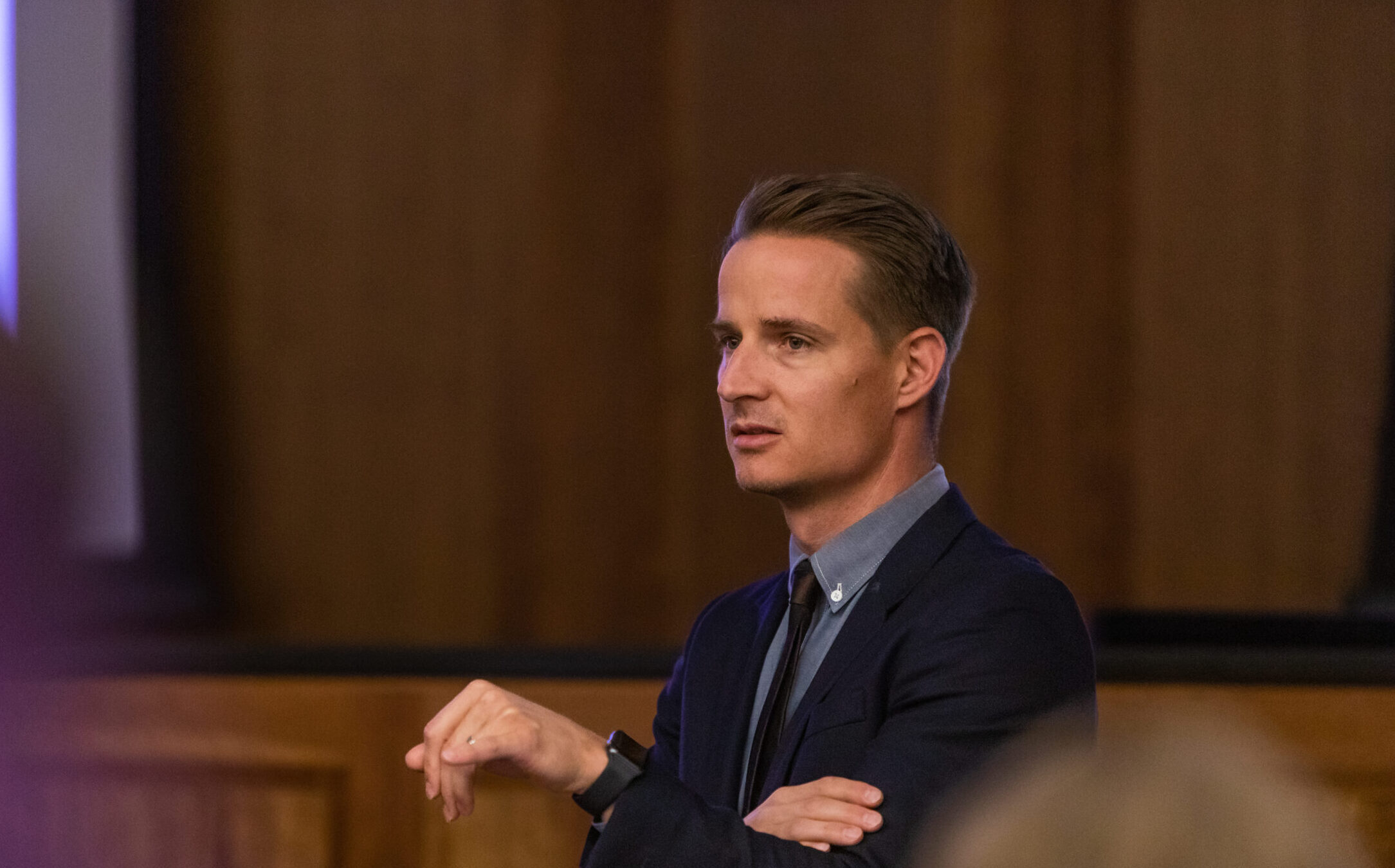
Professor Cree Jones
Courses: International Business Transactions, Empirical Legal Studies; Property
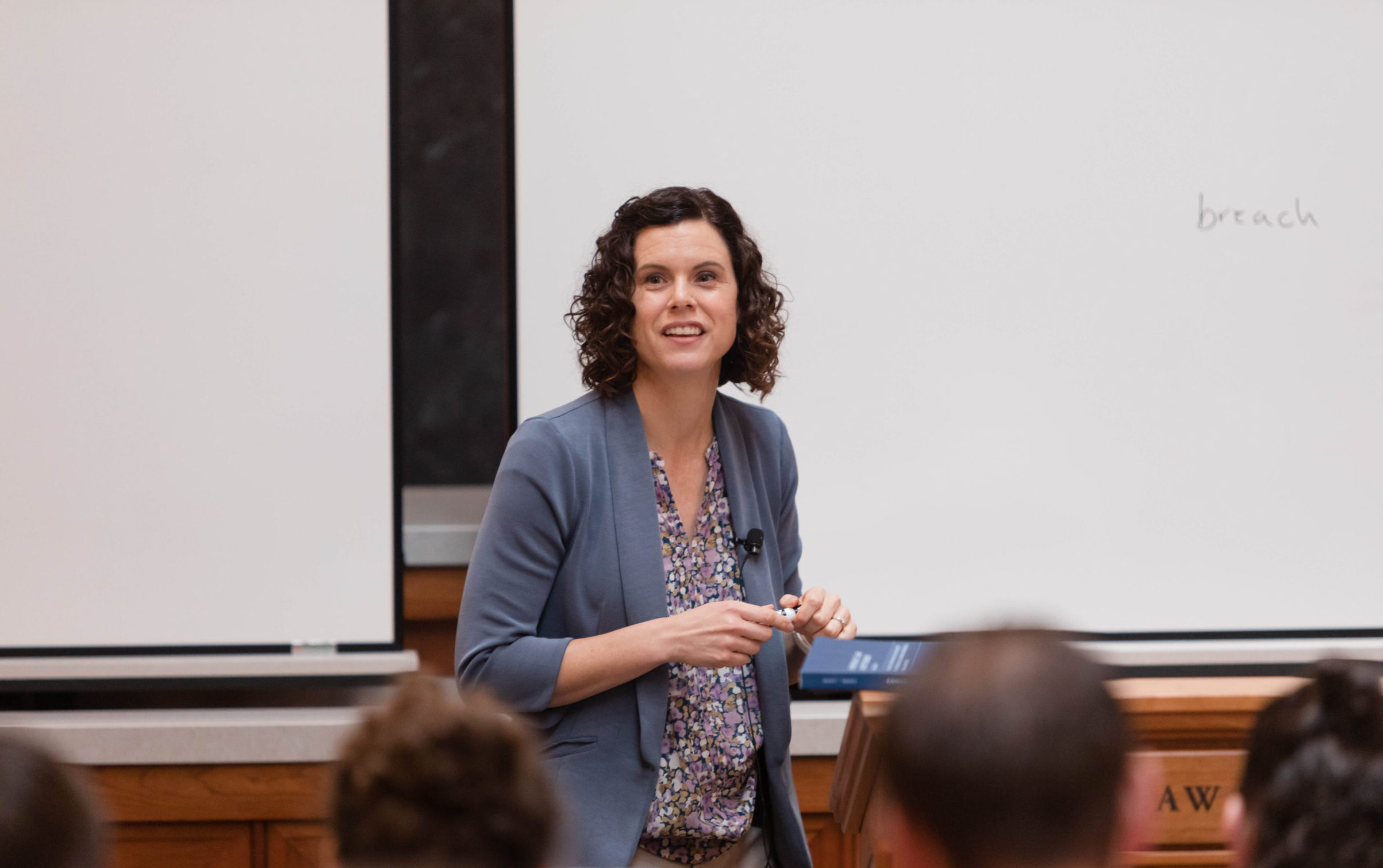
Professor Brook Gotberg
Courses: Bankruptcy & Reorganization, Secured Transactions; 1L Contracts

Professor Curt Anderson
Courses: M&A Lab; Transactional Legal Drafting; Business Orgs Lab; Securities Regulation Lab
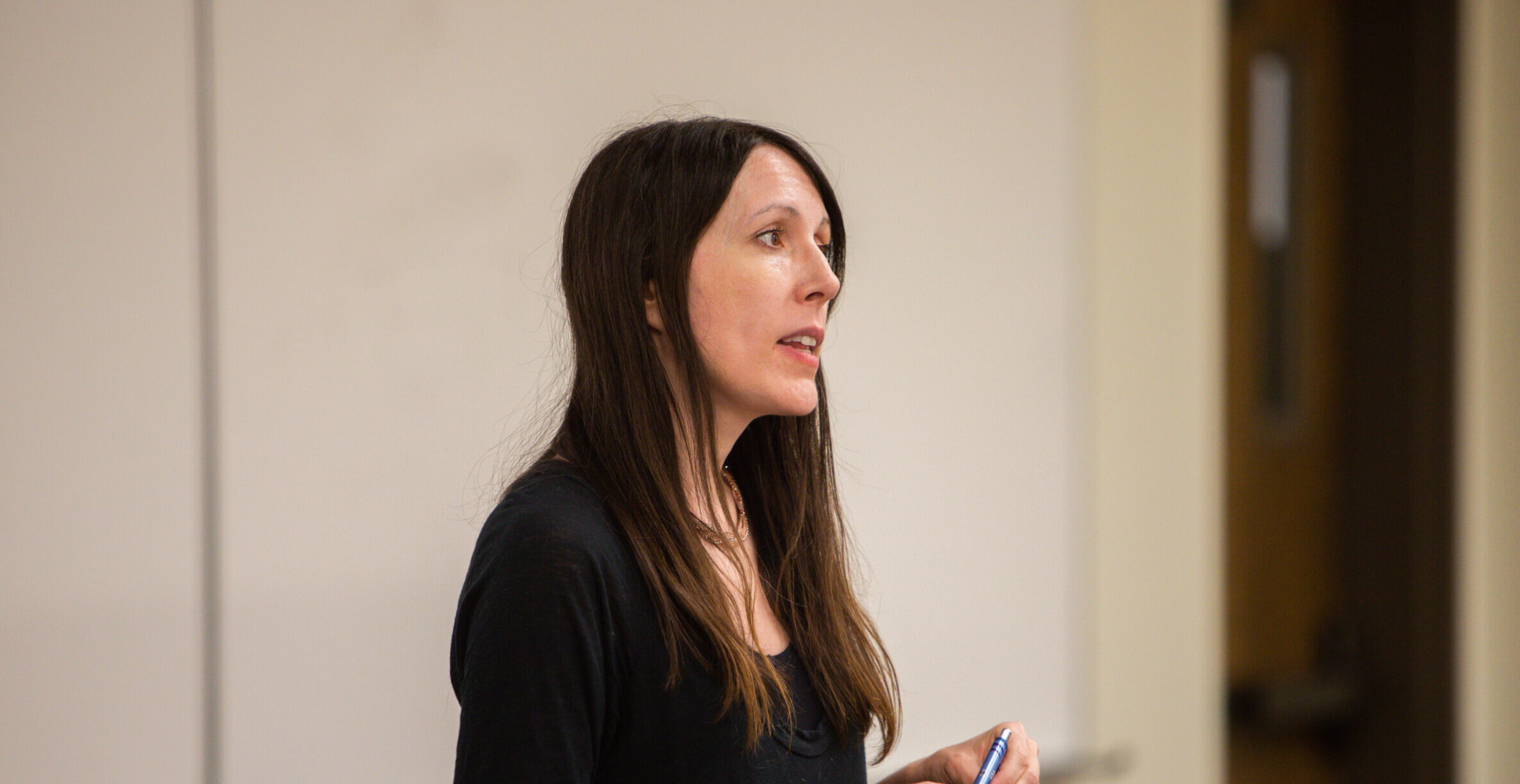
Stephanie Plamondon
Courses: Patents; IP and Innovation Colloquium
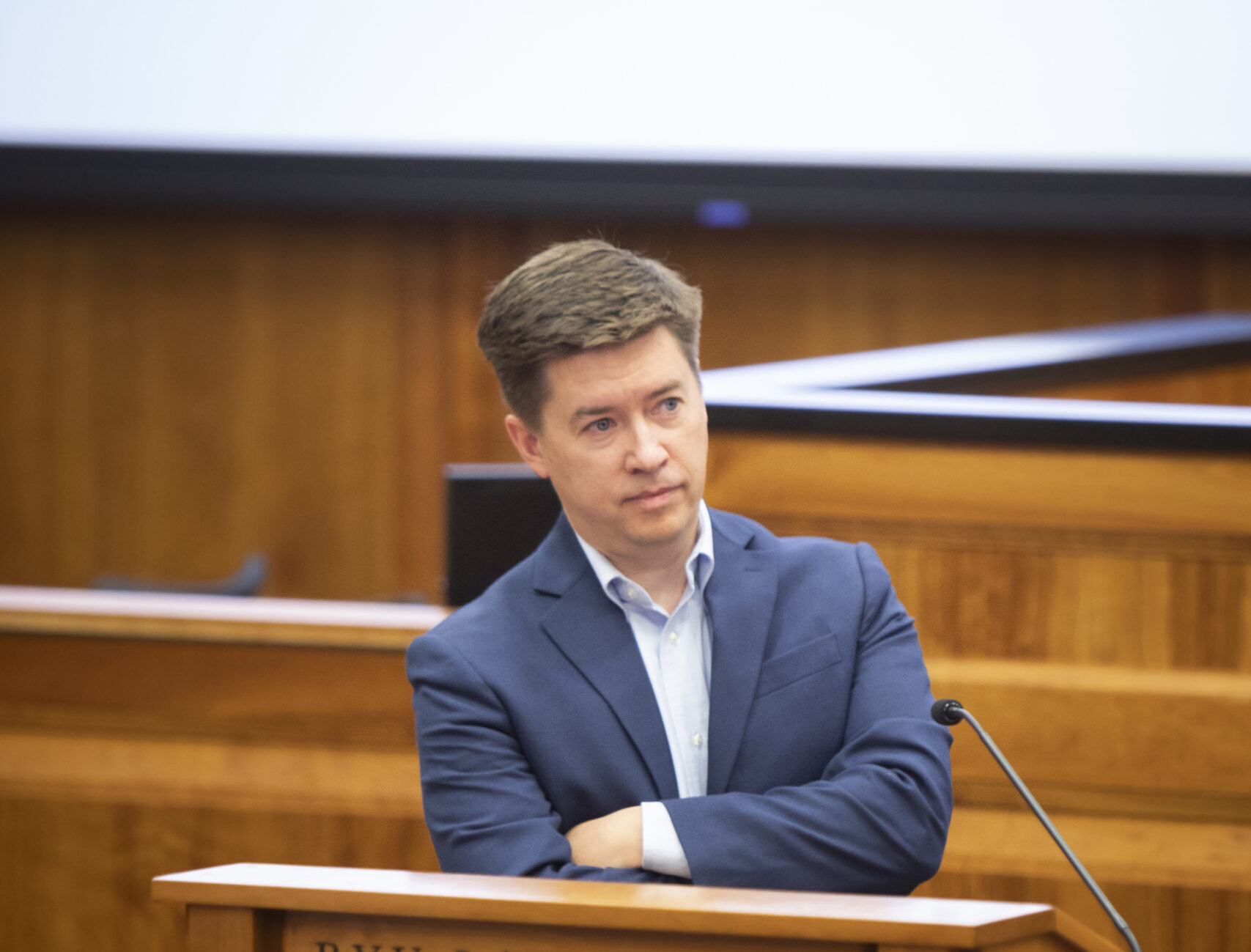
Professor Matthew Jennejohn
Courses: Business Organizations, Mergers & Acquisitions, Deals: The Tools of Social Innovation; 1L Contracts
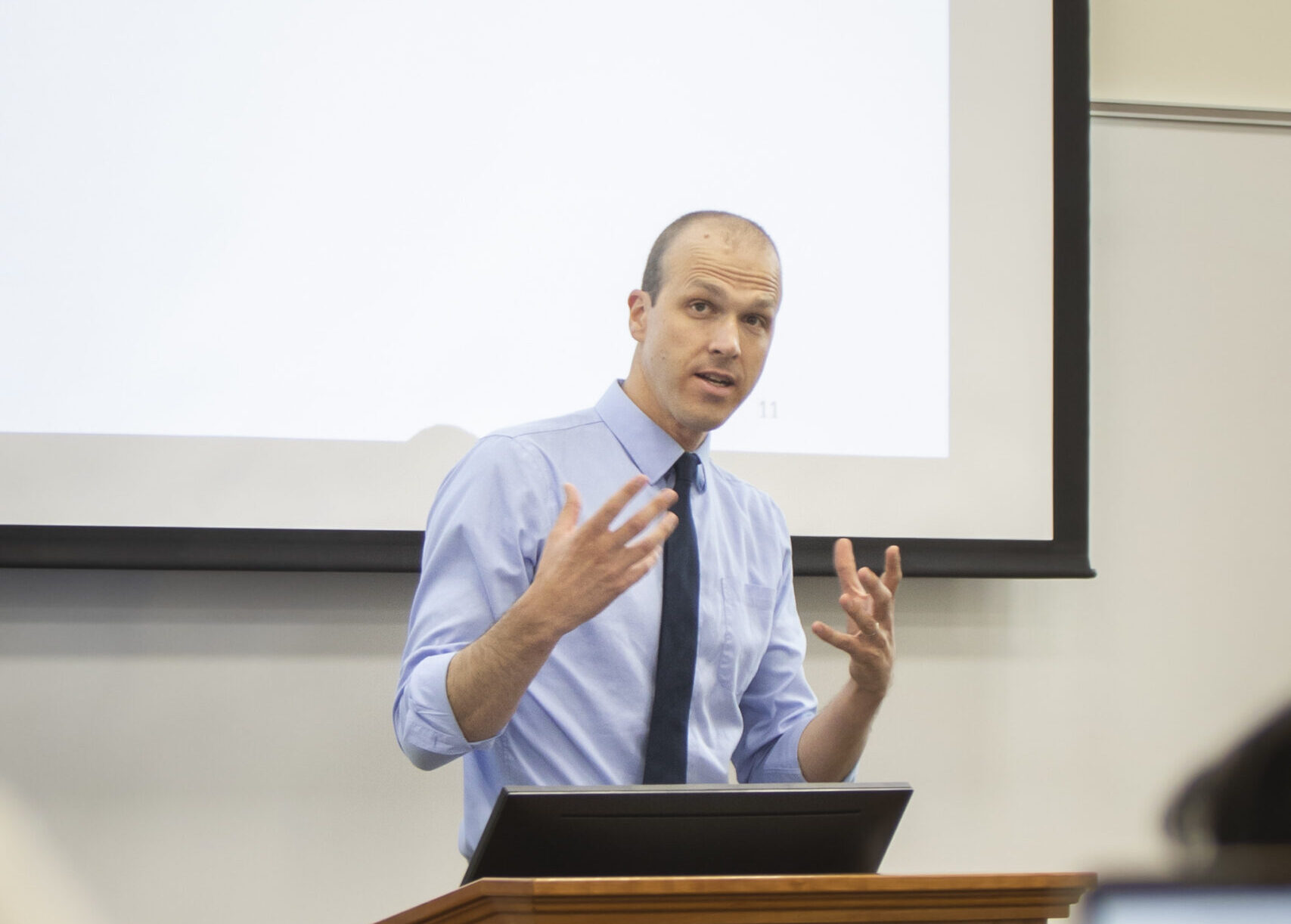
Professor Will Clayton
Courses: Business Organizations, Corporate Finance, 1L Contracts
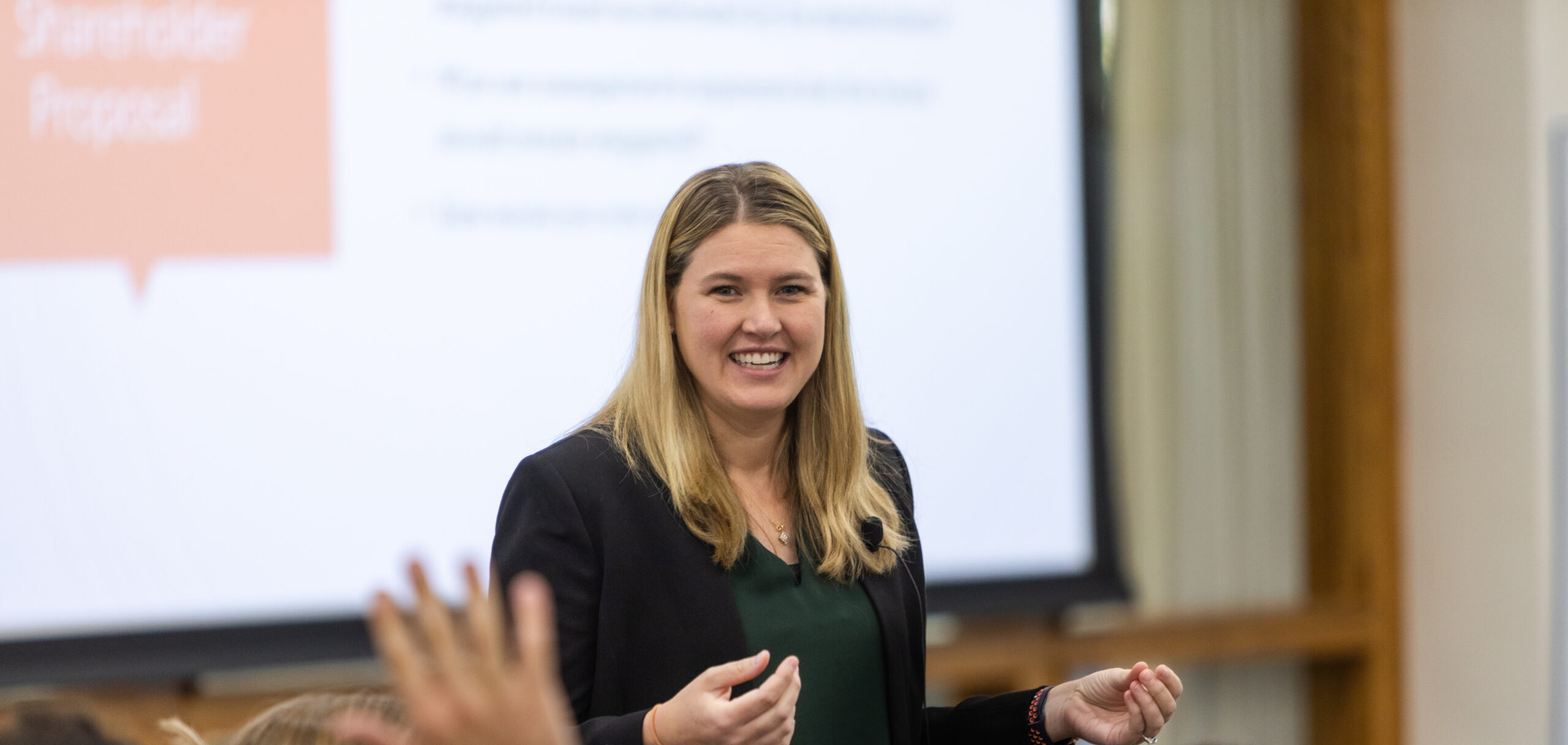
Professor Elysa Dishman
Courses: Business Organizations, Corporate Compliance and Legal Risk Management, Professional Responsibility

Professor Clark Asay
Courses: Copyright, Introduction to Intellectual Property, Information Privacy Law, Intellectual Property Colloquium

Deals Academy
New York, New York
An immersive simulation of a private target acquisition held in the Midtown Manhattan offices of our partnering firm, Kirkland & Ellis.
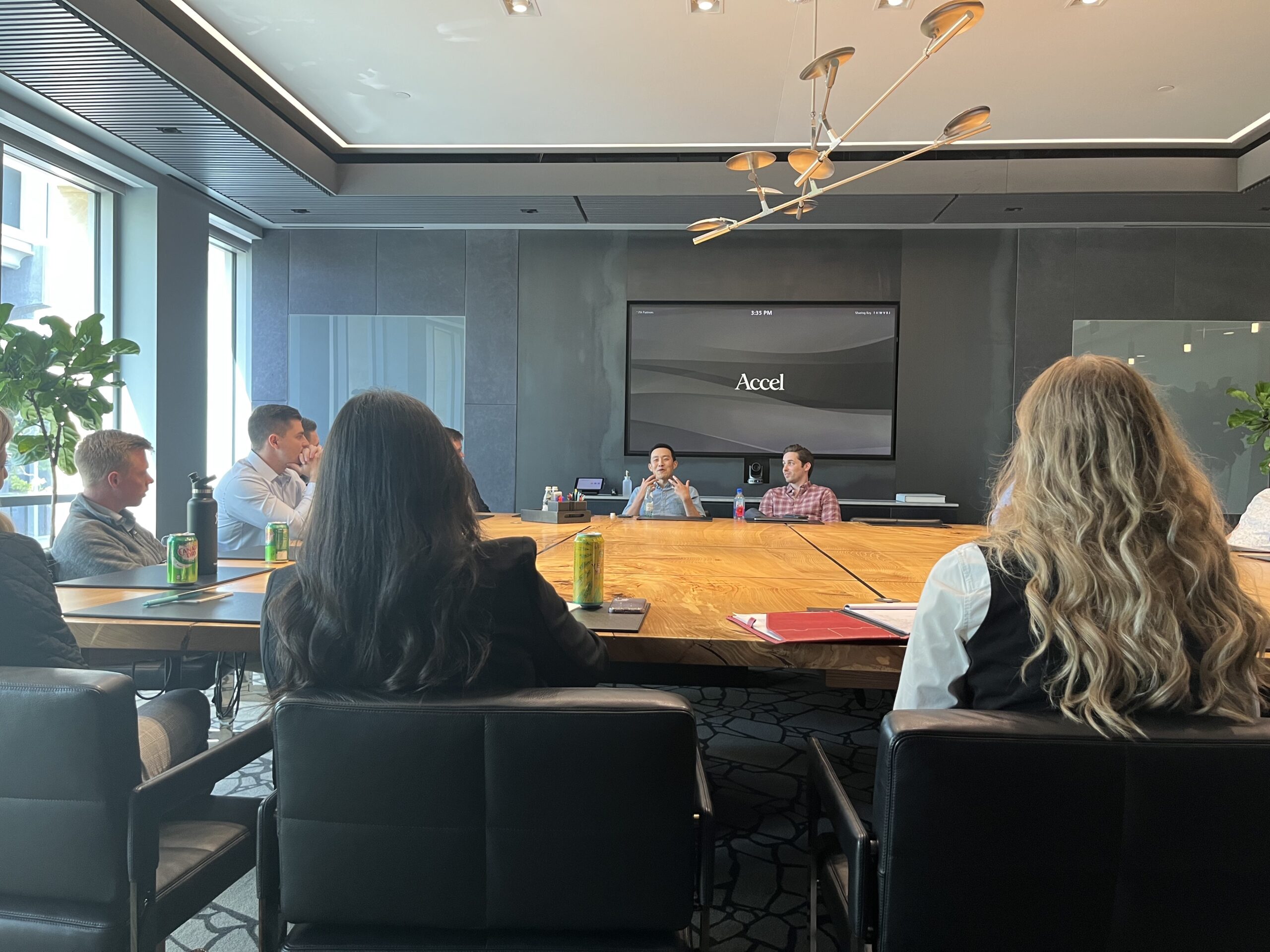
Startups Academy
Bay Area, California
A simulation of venture capital dealmaking held in the Palo Alto offices of partnering firm, Wilson Sonsini Goordich Rosati, with additional meetings at Accel and Google.
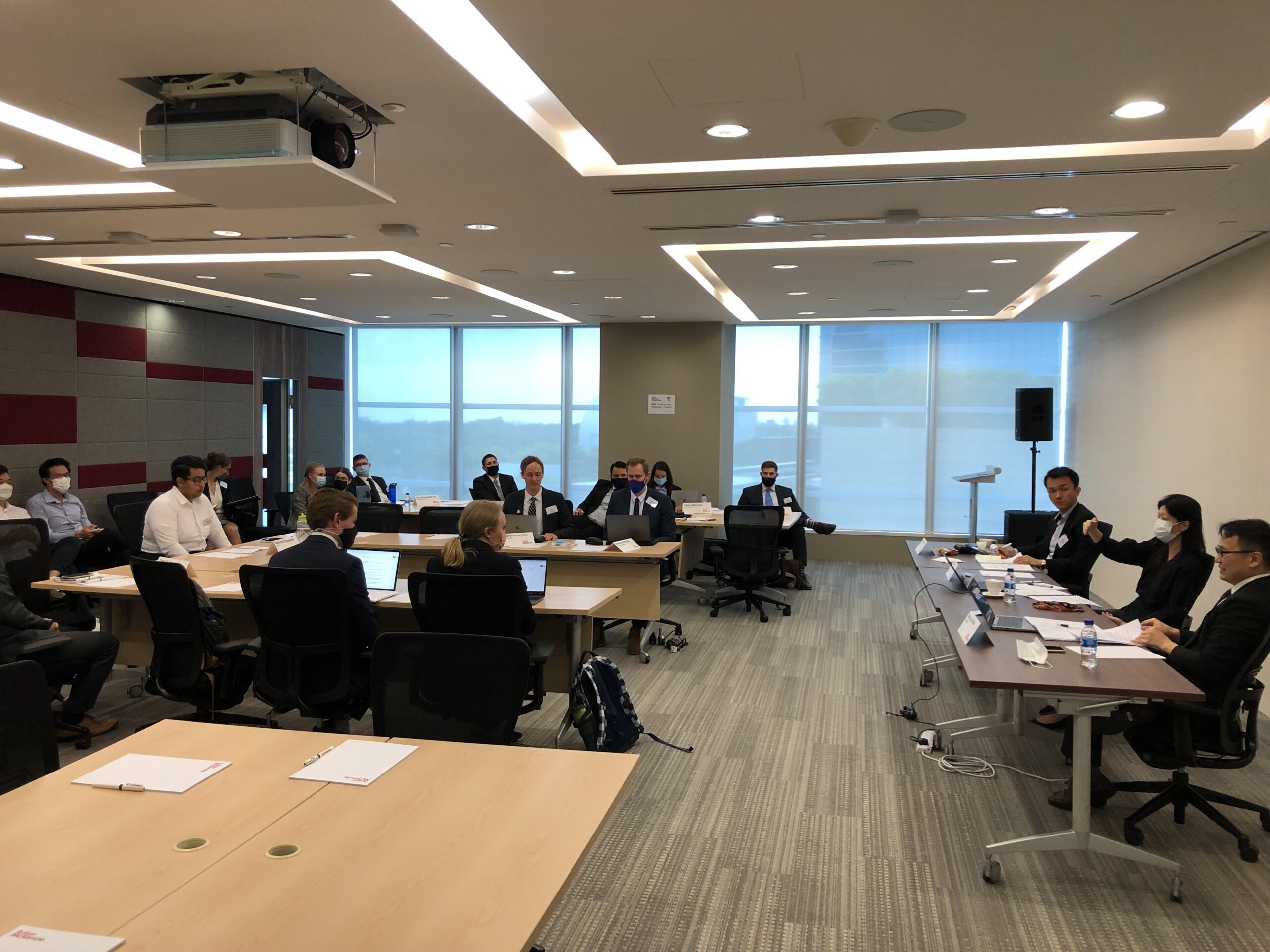
Int’l Commercial Arbitration Academy
Singapore
A simulated arbitration of a dispute arising from cross-border transaction, held in the Singapore offices of partnering firm, Mayer Brown.

Energy Deals Academy
Houston, Texas
A project finance simulation held in the Houston offices of partnering firm, Orrick LLP.

Dubai, United Arab Emirates
Currently accepting applications for January 2023

London, United Kingdom
Currently accepting applications for January 2023

Geneva, Switzerland
Currently accepting applications for January 2023

Bengaluru, India
Currently under development, launch anticipated in August 2023

Tokyo, Japan
Currently under development, launch anticipated in August 2023
